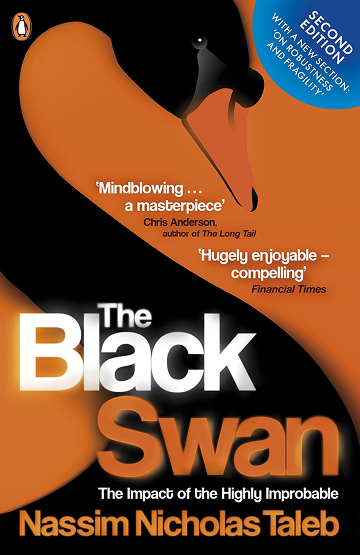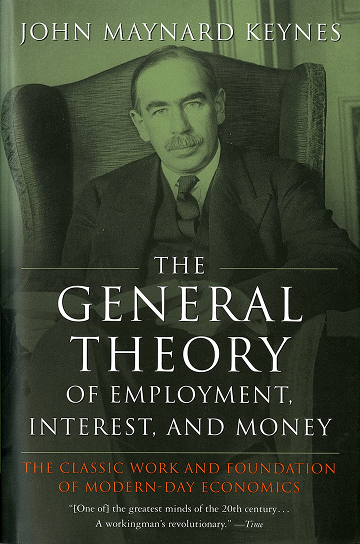
Benjamin Graham Biography, Career, Net Worth, and Key Insight



Benjamin Graham’s Profile Summary
|
Company
|
Columbia University |
|---|---|
|
Position
|
Benjamin Graham was a professor of finance at Columbia University Business School. He is widely recognized for developing the foundations of value investing, which he taught to future investors like Warren Buffett during his tenure at the university. |
|
Source of wealth
|
Benjamin Graham's wealth primarily came from investment management, performance fees from his investment strategies, earnings from book royalties, and his teaching career at Columbia University. |
|
Also known as
|
Author of The Intelligent Investor, mentor to Warren Buffett, finance professor. |
|
Years of life
|
09.05.1894 - 21.09.1976 |
|
Education
|
Columbia University – Bachelor of Arts, graduated in 1914. |
|
Citizenship
|
United States |
|
Residence
|
New York City, United States |
|
Family
|
Benjamin Graham had a wife, Estey Graham, and two sons, Benjamin Graham Jr. and Newton Graham. |
|
Website, Social Media
|
https://www.columbia.edu/ |
Benjamin Graham’s biography
Benjamin Graham, born on May 9, 1894, in London, UK, and raised in New York, was a pivotal figure in the world of finance, often referred to as the "father of value investing." After graduating from Columbia University in 1914, Graham pursued a career on Wall Street, where he quickly gained a reputation as a brilliant and insightful analyst. His groundbreaking book Security Analysis, co-authored with David Dodd in 1934, became a seminal text in the field of investing. Graham's primary contribution to finance was the development of value investing principles, which emphasized buying undervalued stocks with strong fundamentals. He later authored The Intelligent Investor (1949), which has been highly influential for generations of investors. His teaching career at Columbia University allowed him to mentor notable students such as Warren Buffett, Irving Kahn, and many others. Graham retired in the late 1950s but remained a key intellectual figure in finance until his death in 1976. His legacy lives on through his books, students, and the investing philosophies that are still widely used today.-
How did Benjamin Graham make money?
Benjamin Graham makes money in the following areas:
Benjamin Graham's wealth primarily came from investment management, performance fees from his investment strategies, earnings from book royalties, and his teaching career at Columbia University.
-
What is Benjamin Graham net worth?
As of 2025, there is no publicly available and reliable information regarding Benjamin Graham’s net worth.
What is Benjamin Graham also known as?
Benjamin Graham is widely recognized not only for his work as a finance professor at Columbia University but also as a prolific author. His books, particularly The Intelligent Investor and Security Analysis, are regarded as foundational texts in value investing and finance. Beyond academia, Graham was an influential mentor to several successful investors, most notably Warren Buffett, who credits much of his own success to Graham’s teachings. Additionally, Graham was an innovator in financial theory, developing key concepts like "margin of safety" and fundamentally reshaping investment strategies. His contributions have earned him enduring respect in both academic and professional financial circles.Prominent achievements of Benjamin Graham
Benjamin Graham's key achievements include writing the seminal books Security Analysis and The Intelligent Investor, which have become classics in the world of finance. He mentored some of the most successful investors, including Warren Buffett. Although there are no known formal awards, his impact on investment theory and practice has earned him recognition as the "father of value investing."What are Benjamin Graham’s key insights?
Benjamin Graham’s business philosophy focused on value investing, emphasizing the importance of analyzing financial statements to find undervalued stocks with a "margin of safety." He believed in making conservative, well-researched investments rather than speculating on market movements. Graham also advocated for a disciplined, long-term approach to investing and insisted that investors should not be swayed by short-term market volatility or emotional decisions.
Benjamin Graham’s personal life
Benjamin Graham was married to Estey Graham, with whom he had two children, Benjamin Graham Jr. and Newton Graham. His family life was relatively private, with his sons following different career paths outside of the finance world. His personal relationships, including his mentorship to Warren Buffett, also played a significant role in his professional legacy.
Useful insights
Understanding market forces
In my experience, to truly succeed as an investor, it’s essential to understand the driving forces behind market behavior. Market movements aren’t random—they’re influenced by a range of economic theories and dynamics. The following books provide valuable insights into these forces, offering a deeper understanding of how global financial markets operate and what shapes their trends.
-
Nassim Nicholas Taleb – "The Black Swan"

-
Summary:
Taleb explores the concept of rare, unpredictable events—so-called "Black Swans"—that can have massive impacts on markets and society. These events are often overlooked by traditional risk management models, leading to devastating consequences when they occur. Taleb illustrates how these unpredictable shocks shape our world, often more than gradual, expected changes.
-
Why read it:
This book challenges conventional thinking about risk and uncertainty, showing that many major historical and financial events were "Black Swans." It's a vital read for investors who want to build resilience in the face of market volatility.
-
-
John Maynard Keynes – "The General Theory of Employment, Interest, and Money"

-
Summary:
Keynes revolutionized economics by focusing on total demand within an economy and its effect on output and inflation. His theory suggested that government intervention could stabilize economic cycles through fiscal and monetary policy. The book also explains the consequences of under-consumption and the role of interest rates in managing economic stability.
-
Why read it:
For investors interested in macroeconomic trends and policy impacts, Keynes’ work is essential. Understanding the Keynesian framework can help investors predict how government actions might influence market performance.
-
Other profiles in category
Popular Financial Guides
Latest Financial News

Nasdaq Composite trades lower with focus on U.S. inflation and earnings reports

WTI crude oil price slips below $66 as traders weigh tariff risks and OPEC supply outlook































































































































